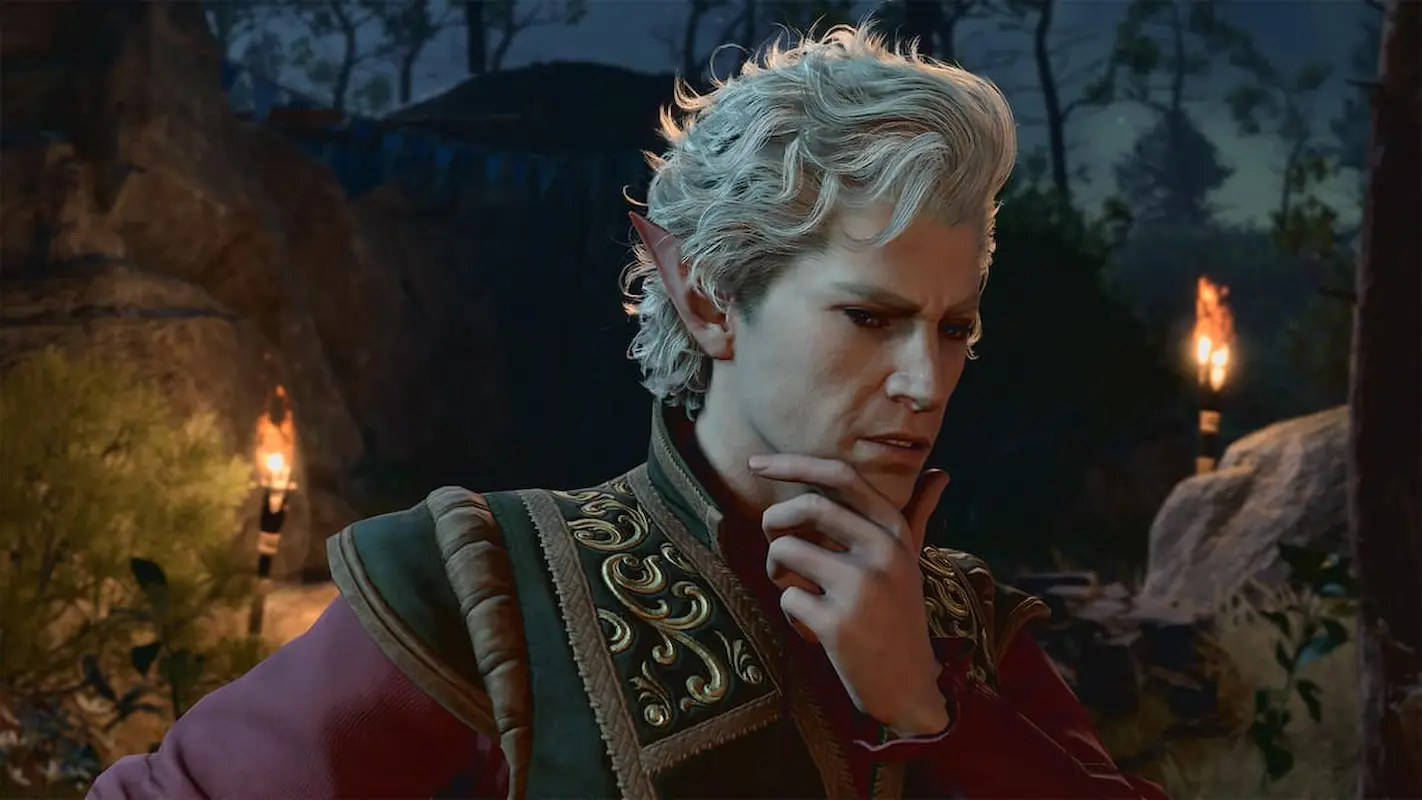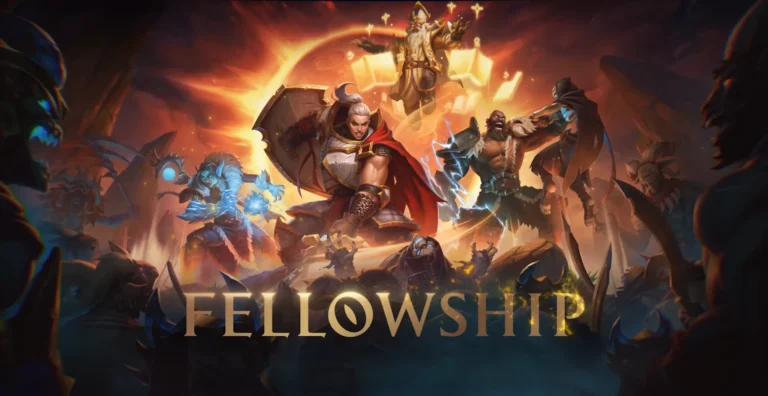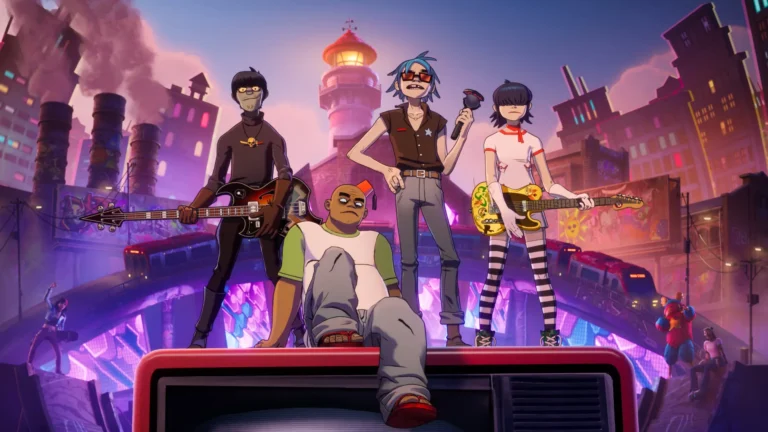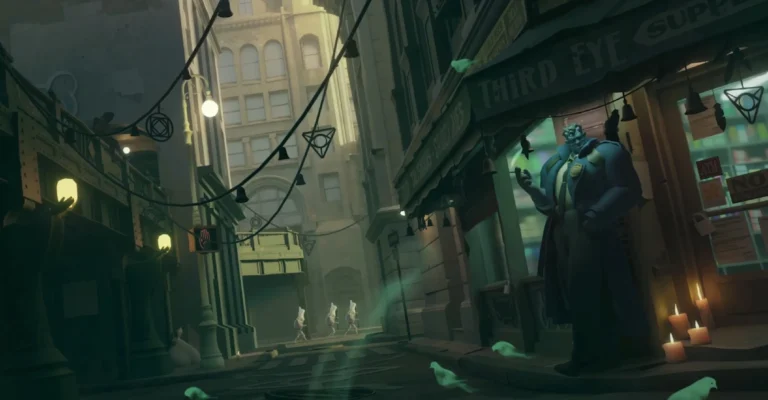Michael Douse, Publishing Director at Larian Studios, recently shared his perspective on the state of AAA game development. The industry is currently enjoying record profits, but innovation has slowed, and much of it comes down to an overreliance on data over “instinct.”
The statement was spotted by gamesradar on Douse’s official Twitter/X account:
Current Industry State
When speaking about Gamescom Opening Night Live 2025, he pointed out that the show almost only featured Soulslike titles. He suggested that much of AAA development has lost the art of doing something unique:
- Gamescom Opening Night Live 2025 heavily featured Soulslike titles, big open-worlds, or gacha games that heavily take inspiration from previous games…
- AAA studios often chase ultra-realism, inflate costs and development times, and lean on data analytics to guide design.
- According to Douse, this reliance on data has dulled the “gut instinct” that once drove creative, standout games.
A Unique Perspective
In his post, Douse praised Mafia: The Old Country for being a nice single player, rich, story-driven, and finished game upon release. Yet, he suggested that modern AAA design often misses the mark:
“Choosing something specific and doing it well seems to be a lost art in game design.”
He explained that datasets used by AAA studios are increasingly unreliable at predicting if a game will succeed or fail. Without intuition, studios can get “stuck” and end up making safe but stagnant games.
Indie vs. AAA: The Innovation Gap
Indie studios, by contrast, do better on intuition and experimentation. Smaller teams with shorter development cycles can take risks, fail fast, and innovate, forcing AAA studios to take notice. As Douse puts it, AAA developers are often fascinated by indie creativity precisely because indies lack the data they have come to rely on.
- Indie studios:
- Smaller teams, faster cycles, less focus on realism.
- Rely on intuition and experimentation.
- Can “fail fast, win fast,” creating breakout trends.
- AAA studios:
- Larger teams, more resources, but safer design choices.
- Often emulate indie successes once new data trends emerge.
- Never take any risks, only rely on “what already worked”
Copycat Culture in AAA
As mentioned, AAA studios often rely on previous success. They copy and build on things that they know already worked once, resulting in players being sick and bored by always seeing the same games. Successes from the past often dictate current AAA design:
- Fortnite → Explosion of battle royale titles
- Minecraft → Crafting systems added into countless games
- Genshin Impact → Sudden surge of open-world anime gacha games with the same pull/gear systems
- GTA → Every studio chasing open-world experiences
- Elden Ring → Abundance of Soulslike games
Douse argues this reliance on past successes means there is no more originality, and true innovation usually appears after indies succeed and create new data to follow.
In short, he believes AAA studios have lost the gut instinct that drives memorable games, and indie developers continue to push boundaries, experiment, and define new trends. Hits like Clair Obscur, Split Fiction, Baldur’s Gate 3, and more current indie games, demonstrate what is possible when a game focuses on doing something specific and exceptional, rather than playing it safe.



